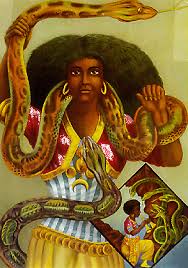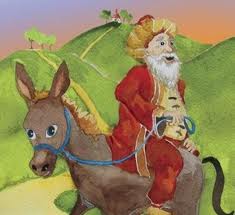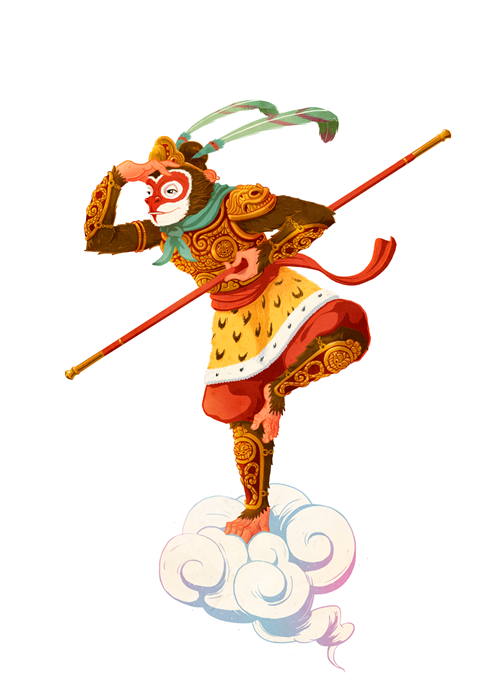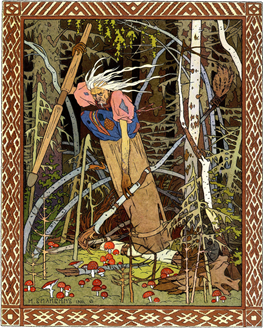Woohoo! It’s almost summer! Let’s go SWIMMING! Did you bring your bathing suit? Oh yeah…um…I totally left it at home…plus you know, I ate less than half an hour ago…I don’t want to get a cramp…
You’re looking decidedly shifty. What’s the real reason you don’t want to go swimming? Ok, to be honest, it’s because I’ve been doing some reading up on popular African deity Mamy Wata.
Who? Mamy Wata, which means “Mother Water”. She’s a water entity worshipped by many people in............. CONTINUE READING
April 16, 2014




